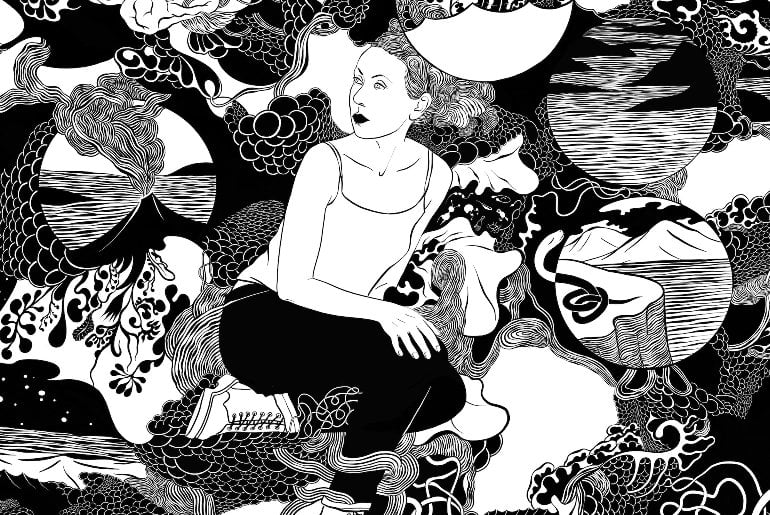 Researchers propose a new theory of what happens in the brain when we experience familiar seeming visual stimuli. The theory, dubbed sensory referenced suppression, suggests the brain understands different levels of activation expected for sensory input and corrects for it, leaving behind the signal for familiarity.
Researchers propose a new theory of what happens in the brain when we experience familiar seeming visual stimuli. The theory, dubbed sensory referenced suppression, suggests the brain understands different levels of activation expected for sensory input and corrects for it, leaving behind the signal for familiarity.from Neuroscience News https://ift.tt/2Qvipct
Comments
Post a Comment